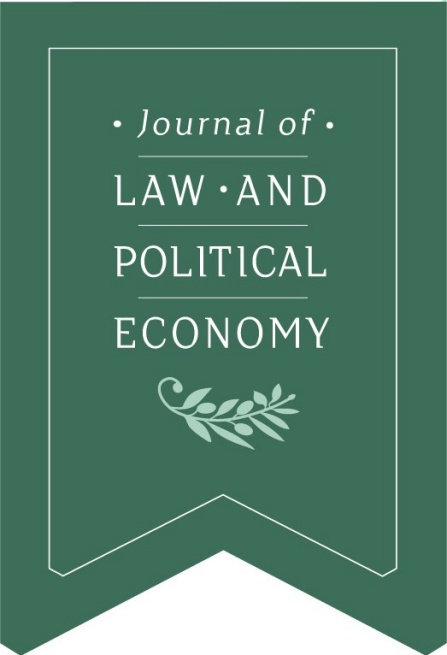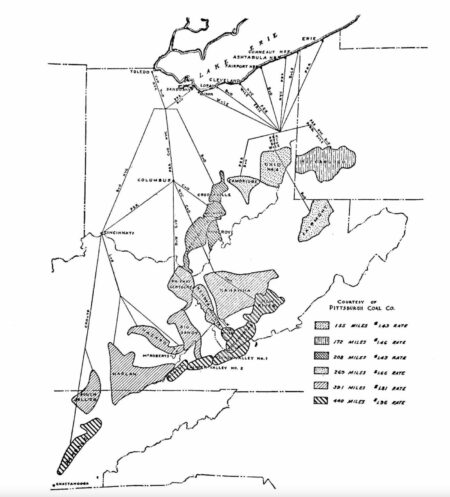
Root and Branch Reconstruction in Antitrust: A Symposium
Given the shortcomings of the prevailing antitrust framework, a growing chorus of voices is calling for a ground-up reconstruction of competition law and policy. But what would that look like? This symposium offers an affirmative vision of the new antitrust.




